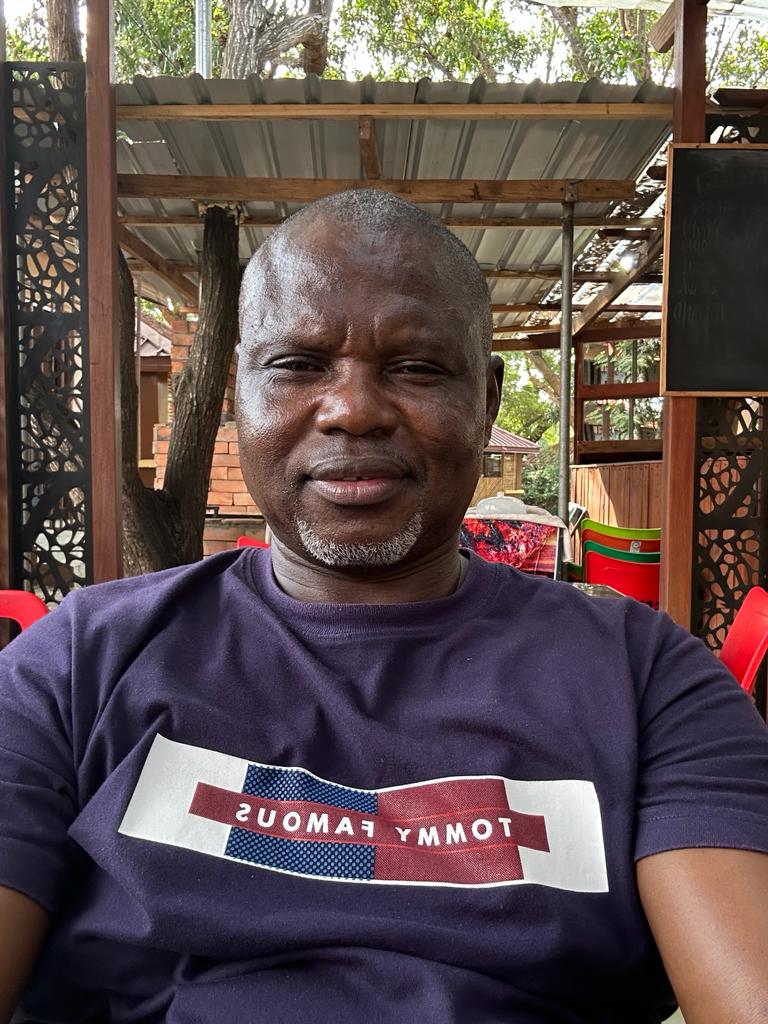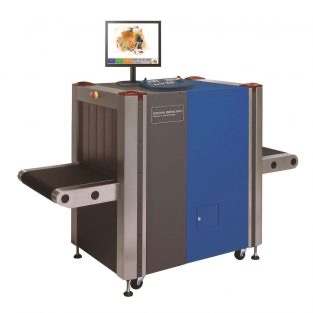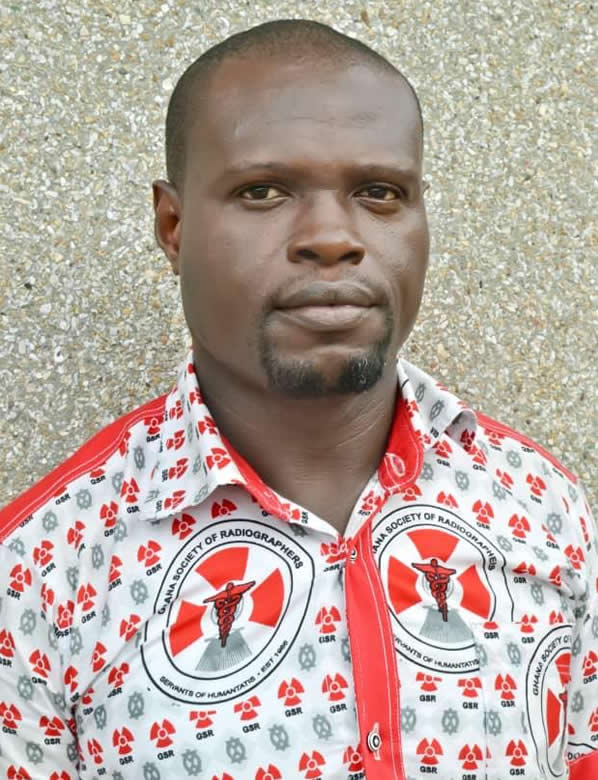Albert Oppong-Ansah
Accra, July 19, GNA-Professor Augustine Faanu, the Director of Radiological and Non-Ionising Directorate of the Nuclear Regulatory Authority (NRA), has asked patients and caregivers to request for NRA certification before undergoing medical imaging procedures at health facilities.
Medical imaging procedures include non-invasive tests that allow doctors to diagnose injuries and diseases without breaking the skin or physically entering the body.
They include x-rays, chest exam, Computed Tomography (CT), pelvic, abdominal and chest scans, magnetic resonance imaging, electrocardiogram-heart related test and Holter monitor – heart’s rhythms test.
In an interview with the Ghana News Agency (GNA), Professor Faanu said medical imaging was a central part of the improved outcomes of modern medicine and that a patient’s insistence on a certificate was a key measure to ensure the safety of the service being rendered.

He said the use of faulty imaging procedure machines was unsafe and likely to give wrong diagnosis.
“The key risk in using, for instance faulty x-ray, is that it can damage living cell tissue and, high-level exposures to radiation are often linked to cancer, chromosome mutations, congenital abnormalities, etc.,” he said.
The Authority has issued about 1300 licenses to facilities, out of which about 1000 are in the category of health, offering varied medical imaging equipment and 300 under industrial and Education & Research category.

“Within our limited resources, we are doing our best that is why we are encouraging the public to support us by requesting for the certification before accessing their services,” he said.
The Director of Radiological and Non-Ionising Directorate stated that the NRA was the sole body responsible for regulating the civilian use of radiation and nuclear facilities and activities containing radioactive materials in sectors, including medicine, education & research and industry.
“It is our mandate to ensure the protection of the public, patients, people, who work with facilities that emit radiation, property and the environment from the harmful effects of radiation,” he said.
While acknowledging that the awareness on those issues was low, Professor Faanu noted that the Authority had begun initiatives to educate the public on the need to demand for safe and quality service from facilities.

The NRA is also collaborating with the Customs Division of the Ghana Revenue Authority for import and export controls of devices and equipment that emit radiation to ensure incoming medical imaging equipment are accounted for.
It is also working with the Health Facilities Regulatory Agencies to ensure that health facilities with radiation imaging equipment are licensed by the NRA.
Checks by the GNA indicate that many patients do not look out for NRA certificates before accessing imaging services.
Several caregivers and patients in separate interviews at sampled facilities in Accra, Tamale, Cape Coast, Ashanti and Koforidua, told the GNA that due to the pain and stress associated with their medical conditions, they were mostly in a hurry to access the services and did not pay attention to issues of license.
Madam Grace Nortey, a pregnant woman, said: “I have no idea that I have the right to request for the certificate of facilities when I go for a scan.”
Mr Dennis Amartey Ahia, the President of the Ghana Society of Radiographers, while commending the NRA for injecting some form of sanity in the system urged the Authority to tighten its monitoring systems to capture facilities that were operating without certification.

He said some facilities had expired licenses yet operating and urged the Authority to check those issues, including maintenance of imaging equipment, machine servicing and structural corrections.
“Although, there is no scientific evidence now, it looks like the increase in cancer cases are because of some of these regulatory and enforcement gaps over the years.”
Mr Ahia, who is also a Deputy Chief Radiographer at the LEKMA Hospital, told the GNA that the Association was ready to work with the NRA to ensure that radiation safety officers used their license to register only one facility.
“There are members who have used their license to provide cover for the certification of more than one facility. This is wrong and the NRA must ensure that the practice is halted,” he said.
GNA